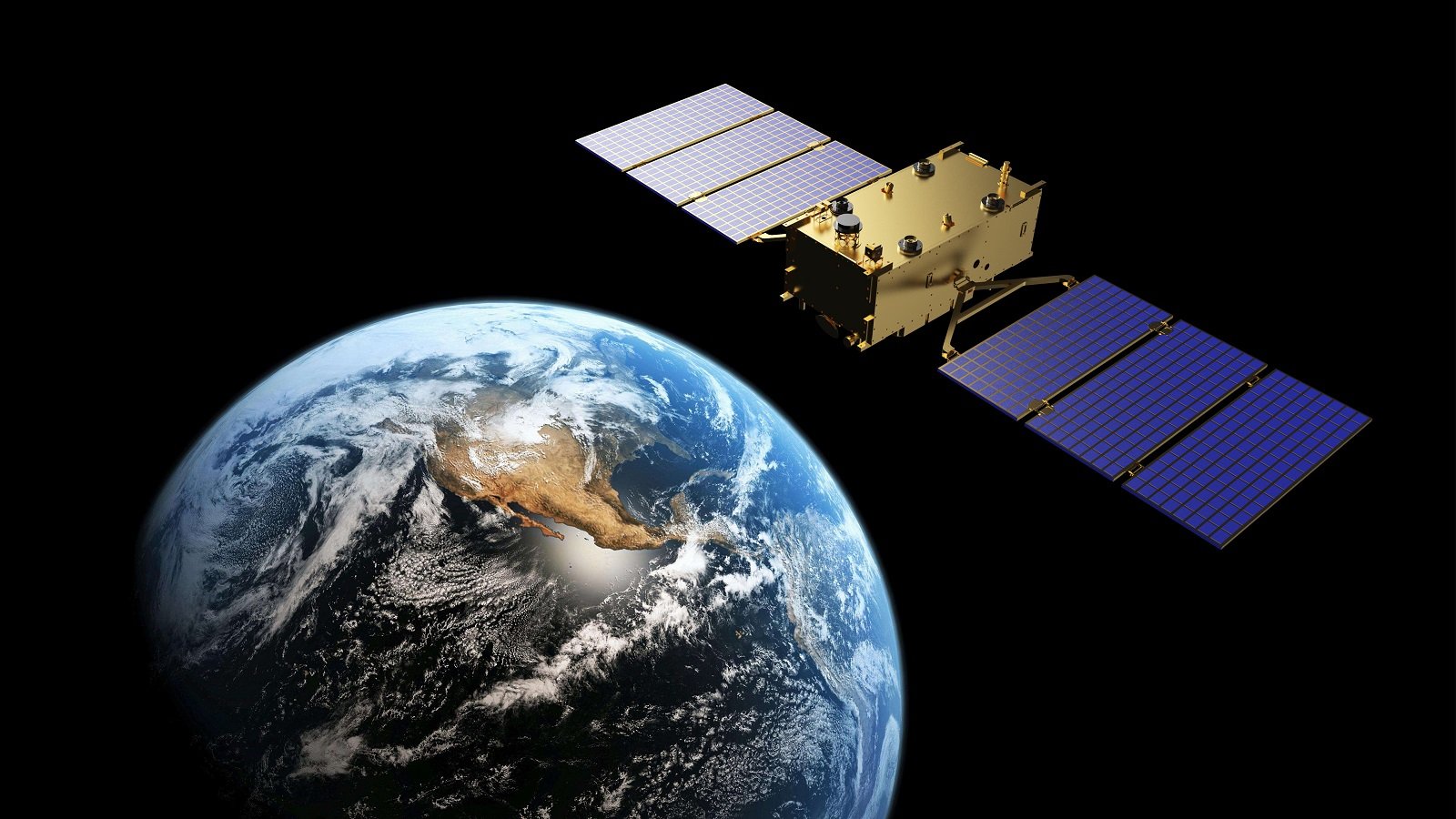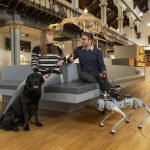
Geespace, a subsidiary of the Chinese automotive giant behind Lotus and Volvo, says its first IoT satellites are entering final testing.
Many are looking to space to help power next-generation IoT services like self-driving vehicles. On the 50th anniversary of China’s first satellite launch, Geespace announced that its initial two satellites are entering final validation testing before they head to Jiuquan Satellite Launch Center for launch into low-orbit.
“With our feet on the ground, we should always keep an eye on the wider universe,” said Zhejiang Geely Holding Group Chairman, Li Shufu. “We should protect the environment on earth and push for sustainable development here, but at the same time we should also look to develop in the stars as well.”
The first two satellites have already been produced and met the company’s performance specifications. Further environmental testing will be conducted prior to launch.
Environmental tests will simulate the intense conditions both the initial launch and orbiting in space will place on the satellites. Vibration tests, for example, will simulate the launch environment. Thermal vacuum tests will help to test the satellite’s resilience to the sub-zero temperatures in space.
The first two satellites are part of a planned constellation that will support Geespace’s AI cloud platform, OmniCloud. Geespace’s satellites claim to provide users with centimetre-accurate positioning services.
Such accurate positioning offers significant benefits for transport solutions. Geespace says that Omnicloud will use AI-powered decision making to support autonomous driving, including next-generation ride-hailing services.
“OmniCloud is an open platform that utilises satellite network data to provide support for satellite-based products and services. Via the use of OmniCloud, urban traffic management can be made more efficient through services such as high-precision positioning data for vehicles, artificial intelligence, public transportation fleet management, ride-hailing and ride-sharing management,” Geespace says.
Geespace is reportedly targeting the production of 500 satellites per year. Following successful environmental tests, the initial two satellites are set to launch in the second half of 2020.
Interested in hearing industry leaders discuss subjects like this? Attend the co-located 5G Expo, IoT Tech Expo, Blockchain Expo, AI & Big Data Expo, and Cyber Security & Cloud Expo World Series with upcoming events in Silicon Valley, London, and Amsterdam.






